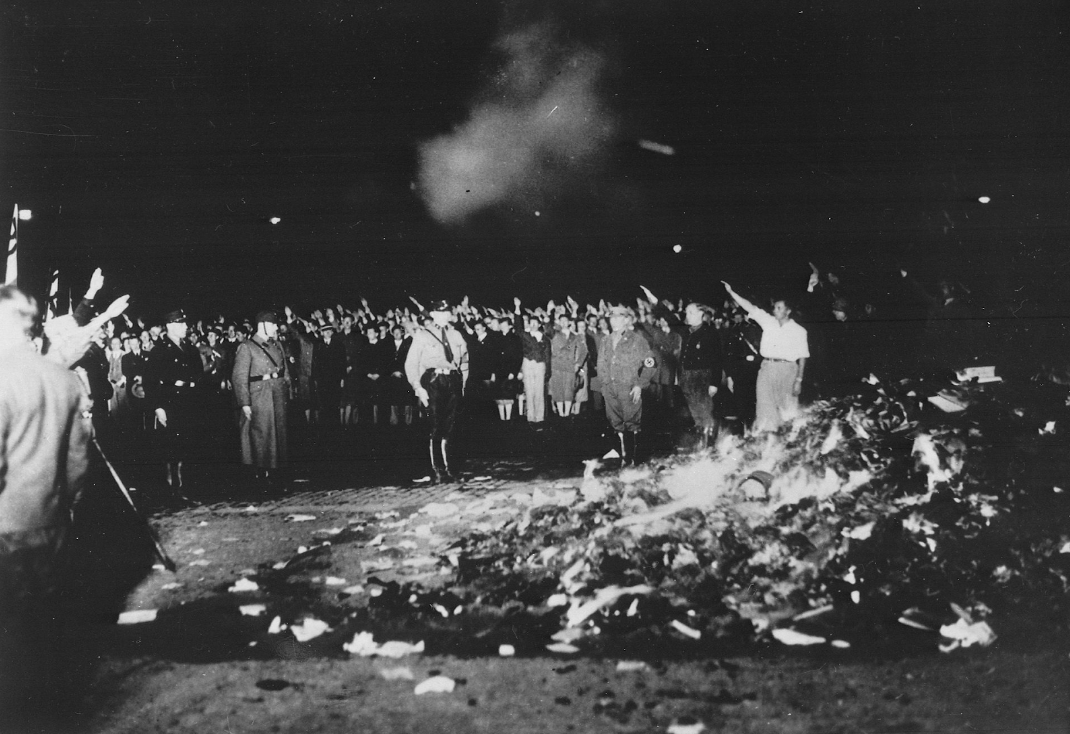Opinions Editor Cory Muehlebach explores nanotechnology

By: CORY MUEHLEBACH
Opinions Editor
Nanotechnology is not small talk. Creating robots the size of a nanometer is not just a feat, it could be a revolution. From health care to building, nanotechnology seems to be the next step that scientists will explore. However, there are certain issues that must be brought up in order to control and regulate the new technology.
Imagine that little metal bugs start to organize past human control. Much of the technology is beginning to become self-replicable. This means that a single unit could use surrounding resources and replicate itself in order to get a job done, but if a little machine like this were to “go off the handle”, it could mean big trouble for humanity.
If an intelligent computer, gets a hold of important information, like that of the military, it could potentially bring the world’s defenses to a halt. This includes military satellites protecting us from asteroids or even railroads or bus stations could be effected. Or what if a group of nanobots, meant for the repair of the city, malfunctions and replicates past control? The problem with such a tricky technology is the chance that it will go haywire.
Without the idea of physical harm from nanotechnology, there lies an adjacent, yet hidden effect: economy. With the ability to mass produce things, their prices normally drop to the public. While this seems a beneficial thing, it tends to hurt economies in the fashion that the prices are so low, that there is no profit from them. If there is little profit, than there is little need for business. With less business comes less employment, and in the long run, are we left with a strong, plentiful economy, or a bustling heap of metal surrounding a once capitalistic city?
There seem to be many dangers accompanying nanotechnology. This should not repel the advancement of the technology, but should certainly give leeway to a guidebook of sorts. If we advance too quickly without caution, the technology could destroy either humanity or its civic creations. We must make regulations now, we must decide what can and cannot be done using nanotechnology. Fortunately, the benefits do seem to outweigh the chance of mayhem, but these situations do happen and caution is of utmost importance. If we do not control the technology now in its infancy, it will control us.











